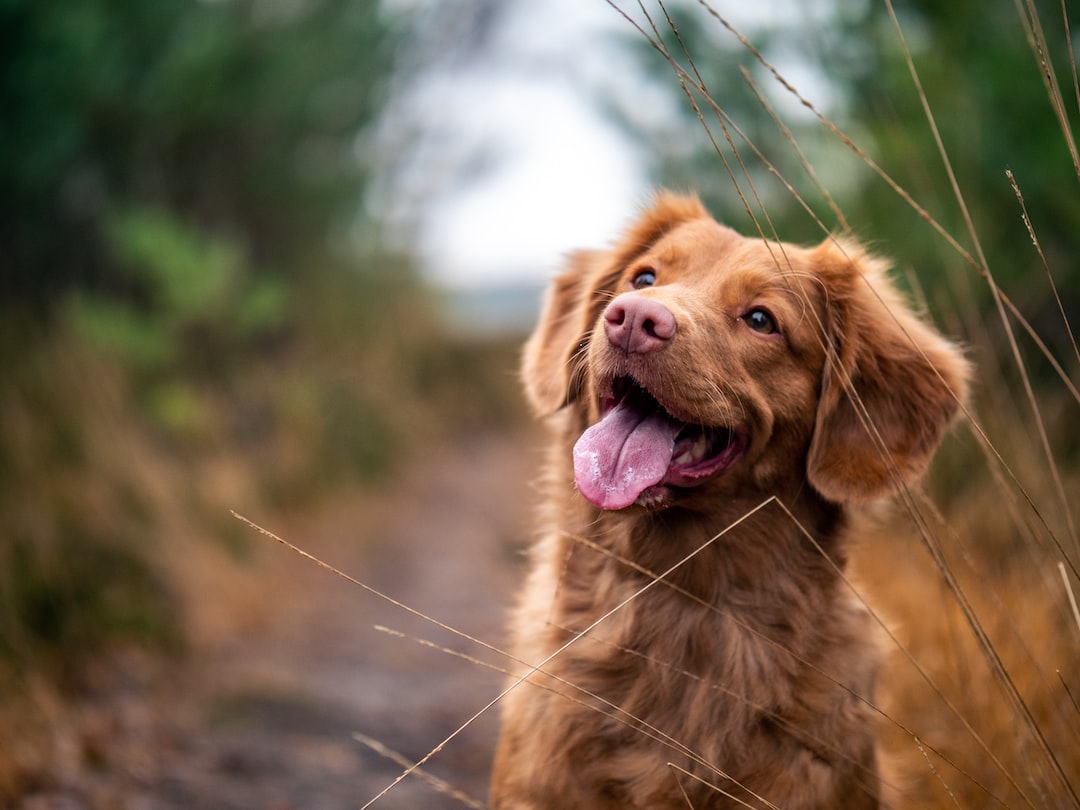Understanding and Preventing Pet Obesity
In recent years, the epidemic of obesity has spread beyond humans and into the animal kingdom. Pets, our beloved companions, are also susceptible to this concerning trend. Just like humans, animals that are overweight or obese face numerous health risks and a decreased quality of life. Therefore, it is essential for pet owners to recognize the problem, understand its causes, and take preventative measures to ensure their furry friends remain fit and healthy.
Obesity in pets occurs when there is an excess accumulation of body fat, which can lead to significant health complications. Just like in humans, obesity in animals is primarily caused by an imbalance between the energy intake and expenditure. This means that they are consuming more calories than they are burning through exercise and normal bodily functions. Factors contributing to this imbalance include overfeeding, an inadequate diet, lack of physical activity, and genetic predisposition.
One of the significant contributors to pet obesity is overfeeding. Many pet owners associate feeding their pets with showing love and affection, often equating larger portions with more care. However, this can lead to consuming too many calories, especially if the pet is not involved in regular exercise. Another factor is the type and quality of food provided to the pet. Diets high in processed and high-fat content may satisfy their taste buds, but they lack essential nutrients and can lead to weight gain. Lastly, a sedentary lifestyle is increasingly common for pets, especially with the rise of urban living. Lack of physical activity further exacerbates the problem of weight gain.
The health risks accompanying pet obesity are numerous and severe. Overweight and obese pets are more likely to suffer from diabetes, heart disease, respiratory problems, and arthritis, among other conditions. These ailments can significantly shorten their lifespan and severely impact their quality of life. Additionally, carrying excess weight puts strain on their joints and bones, leading to pain and discomfort. Moreover, obese pets are also at a higher risk during surgeries, as their weight can cause complications during anesthesia and recovery.
Recognizing the signs of obesity in pets is essential for early intervention and prevention. Monitoring their weight, body shape, and general physical appearance can help identify the problem. Common signs include an increase in body weight, a lack of a noticeable waistline, difficulty in feeling their ribs, and sluggishness during physical activities. If you suspect your pet is overweight, it is crucial to consult with a veterinarian to assess their overall health and make necessary dietary and lifestyle adjustments.
Preventing pet obesity begins with responsible pet ownership and a commitment to their well-being. First and foremost, portion control is crucial. Feeding your pet based on their specific breed, size, and nutritional needs will help maintain a healthy weight. Avoid free-feeding and measure their food to ensure they are not overeating. Additionally, choosing the right type of food is equally important. Opt for high-quality, nutritionally balanced pet food, and avoid treats that are high in fat and sugar. Incorporating regular exercise and playtime into their routine is fundamental for weight management. Engage them in activities that promote physical activity, such as regular walks, interactive play sessions, and even swimming if possible.
Furthermore, it is beneficial to establish a feeding and exercise schedule. Set specific meal timings and adhere to them consistently. Regular exercise and playtime should also be scheduled to ensure your pet is getting enough physical activity throughout the day. It is equally crucial to avoid sharing human food with pets, as it can often be high in calories and detrimental to their health.
In conclusion, understanding and preventing pet obesity is crucial for the overall well-being of our furry friends. Awareness of the causes and risks associated with obesity, along with responsible pet ownership, is vital in combating this growing epidemic. By providing adequate nutrition, promoting regular exercise, and maintaining a healthy weight, pet owners can ensure their companions live longer, happier lives. Let us prioritize their health and wellness, just as they prioritize our happiness and love.
